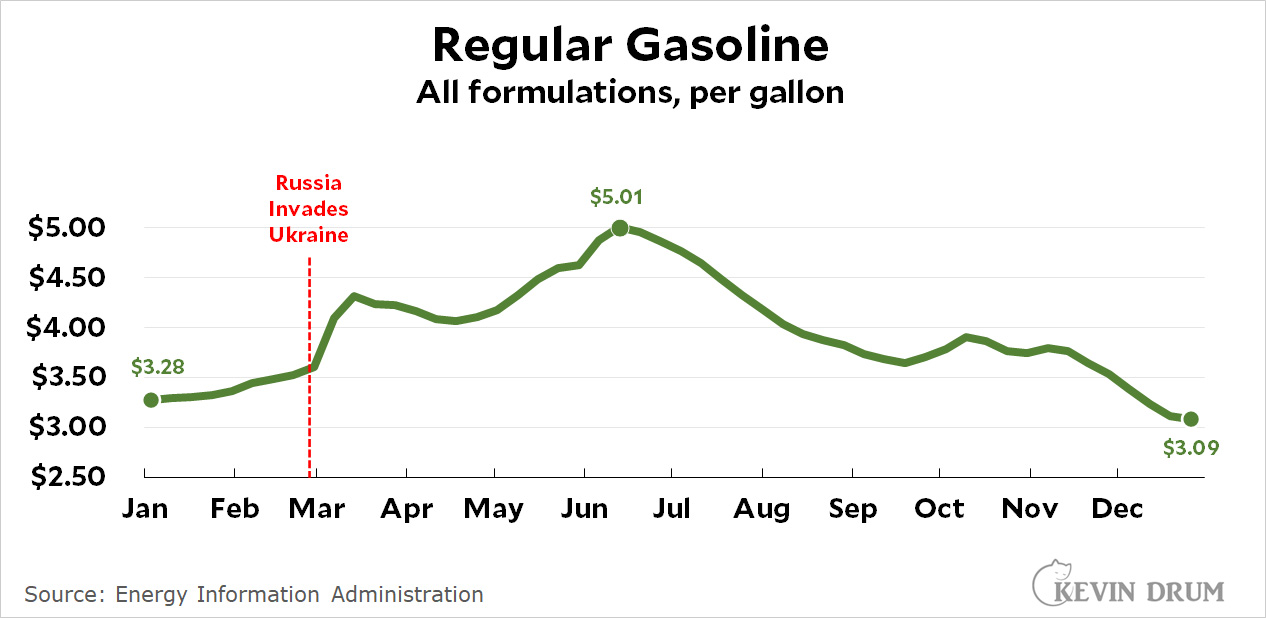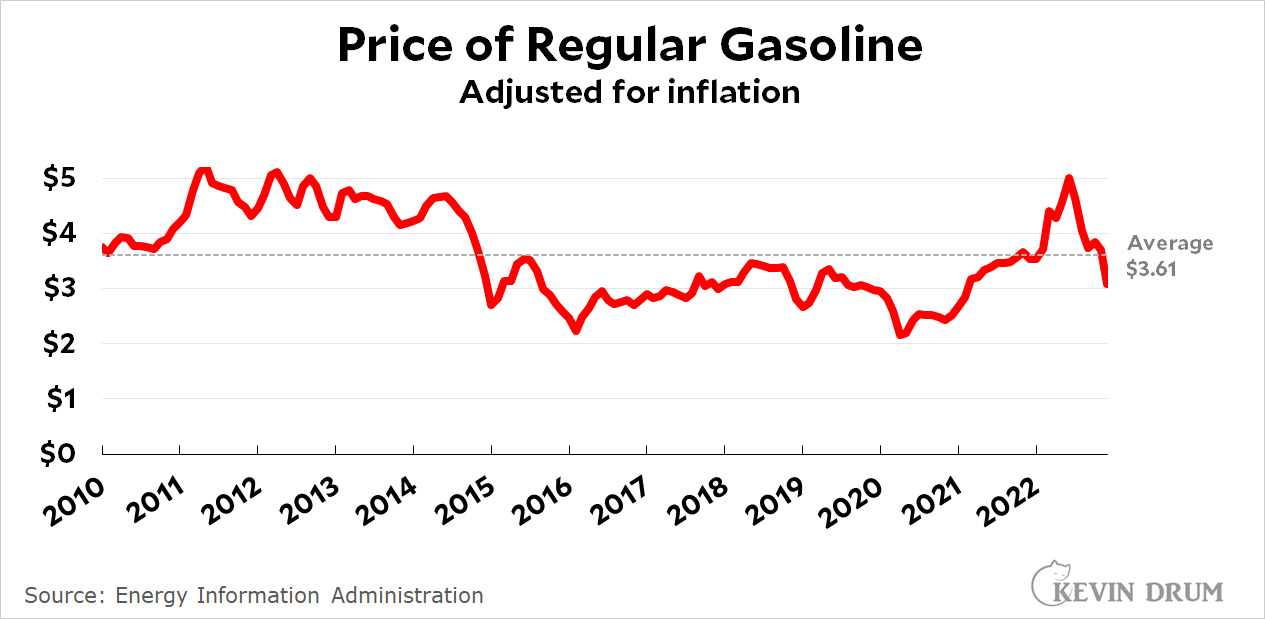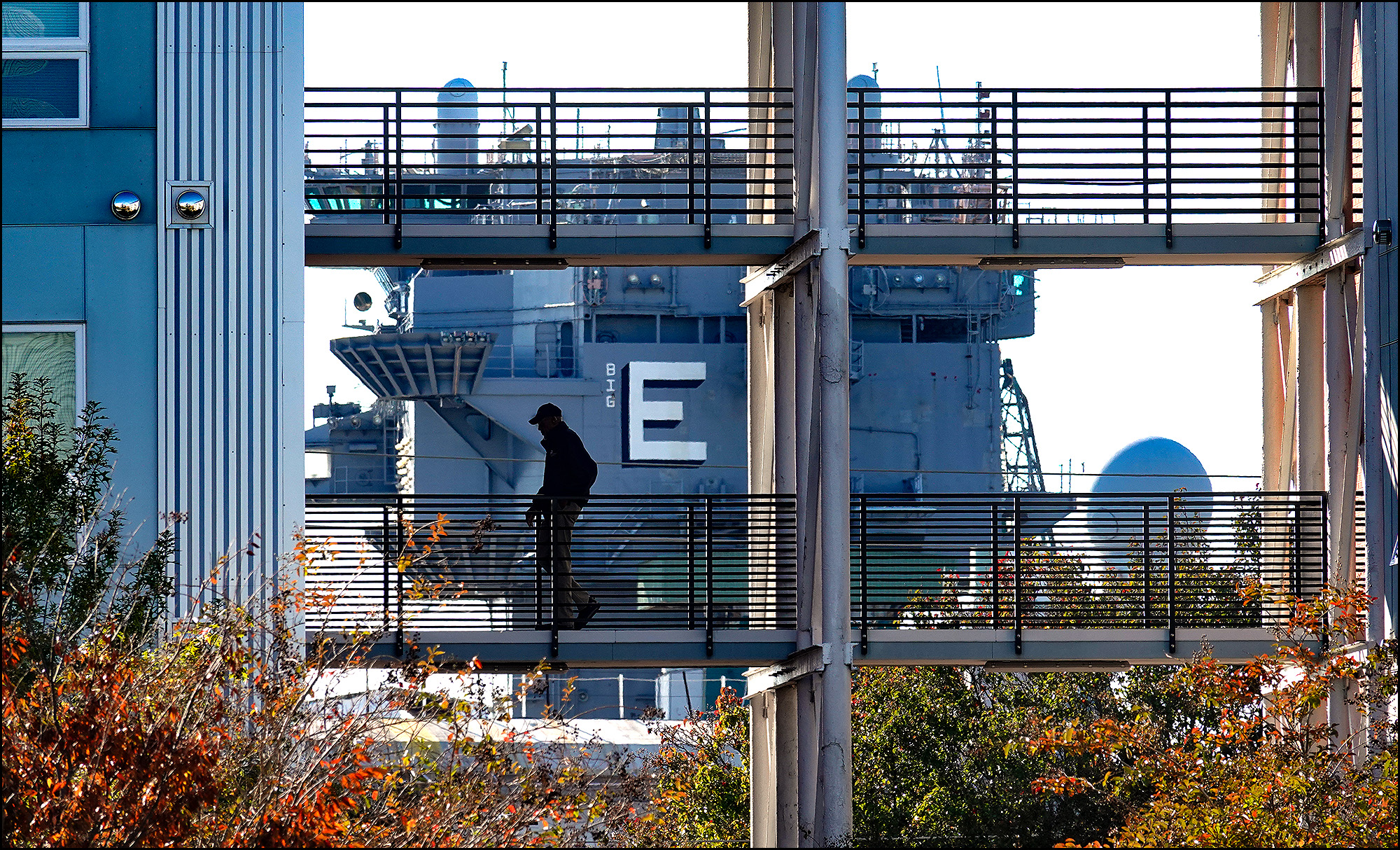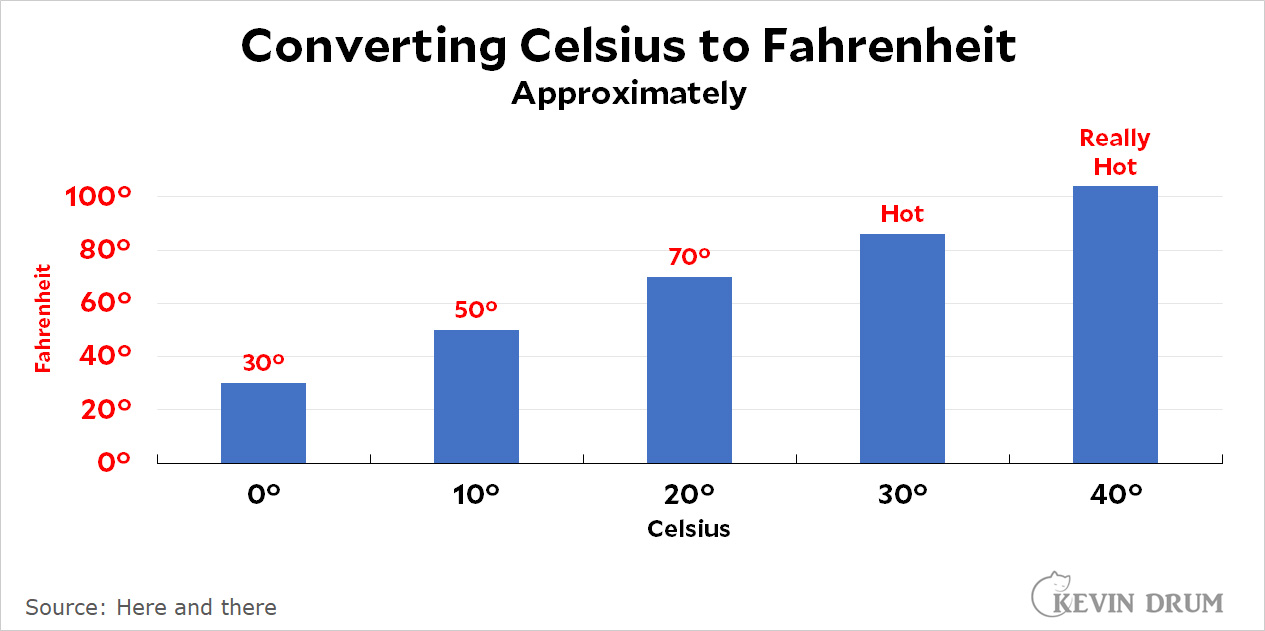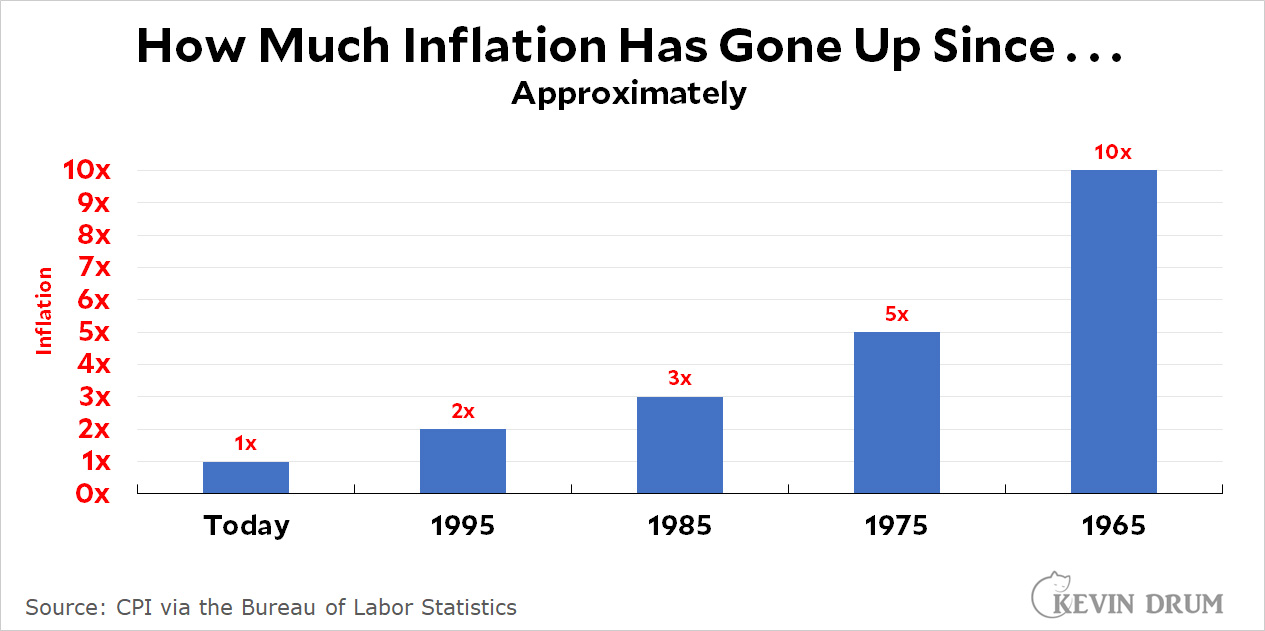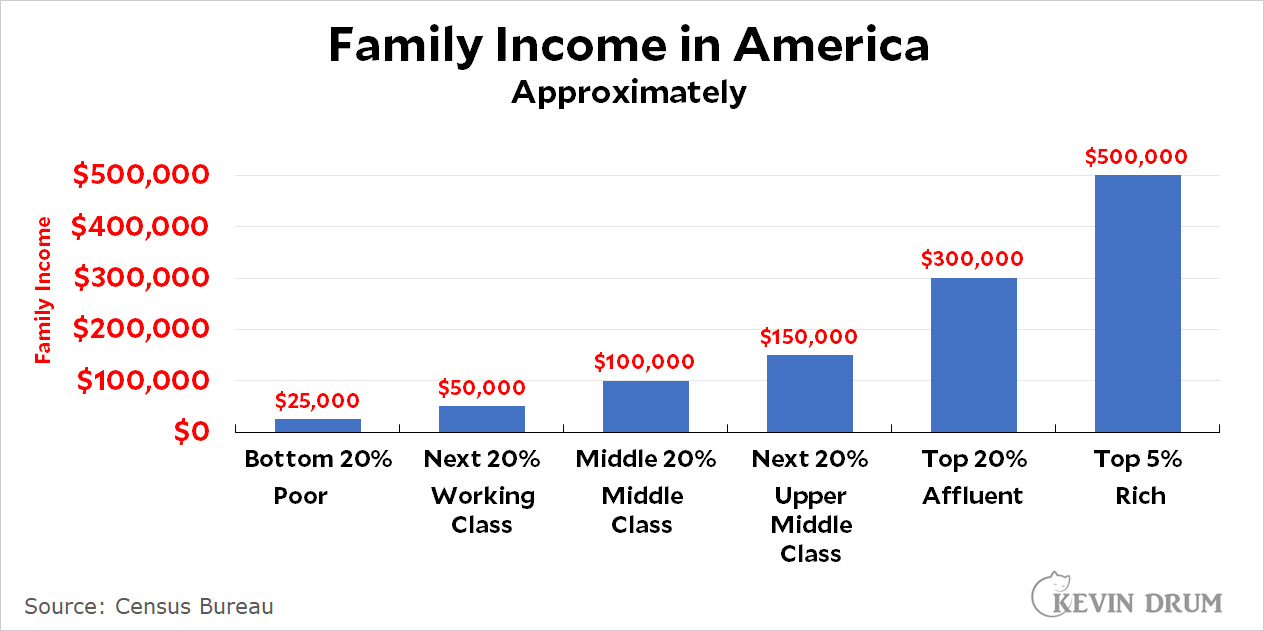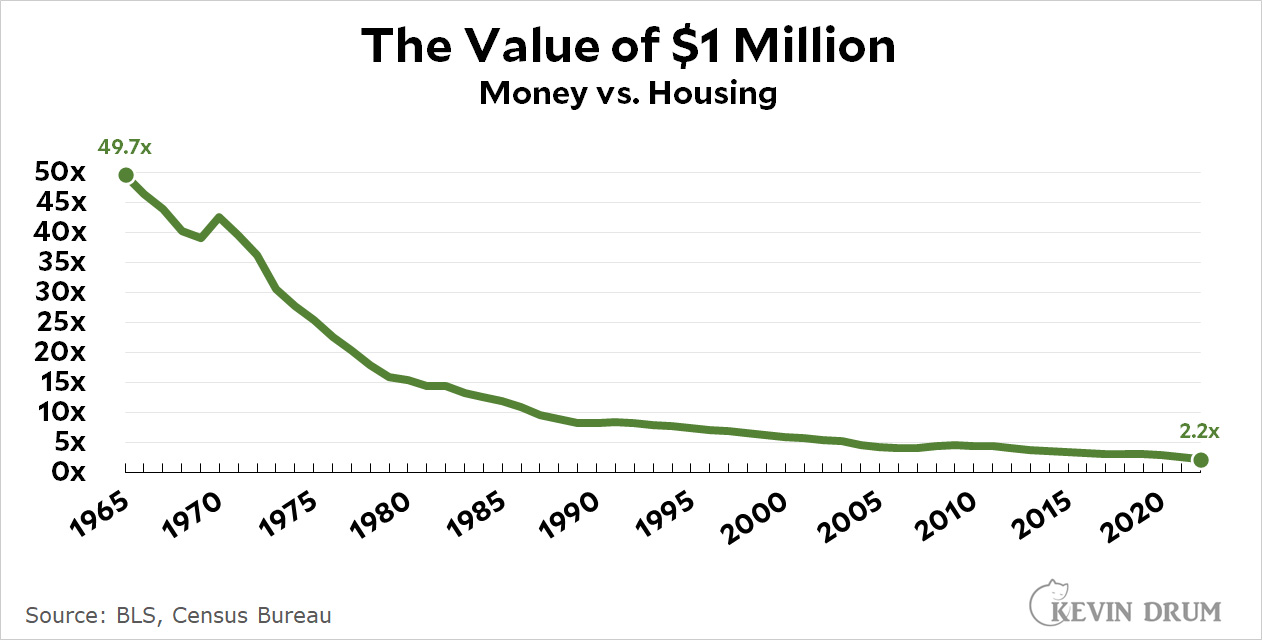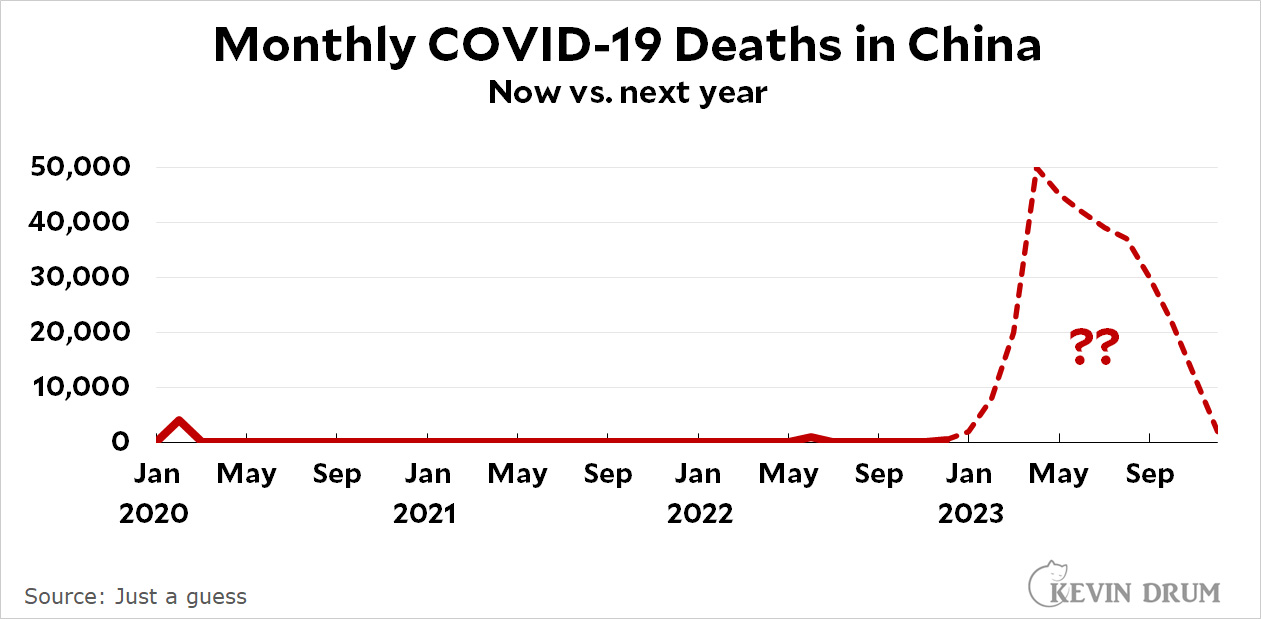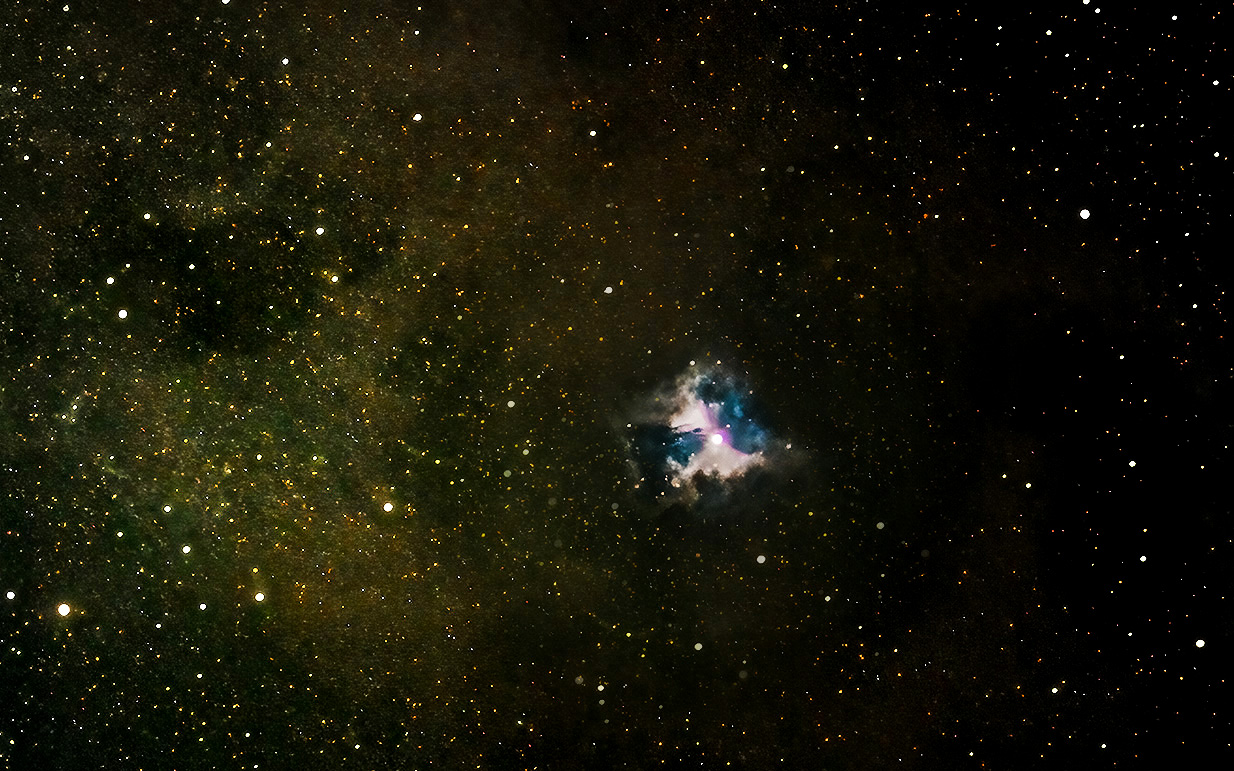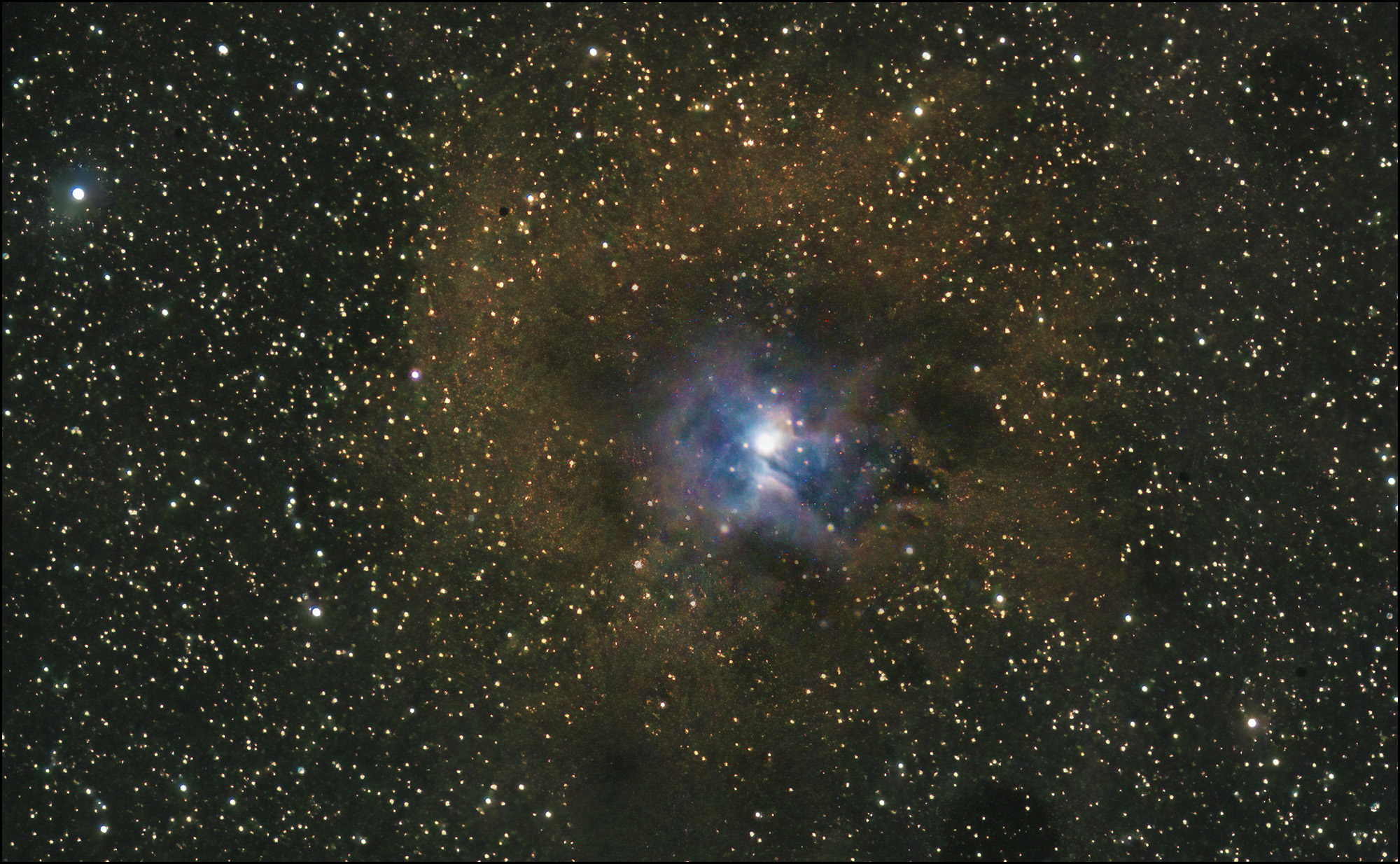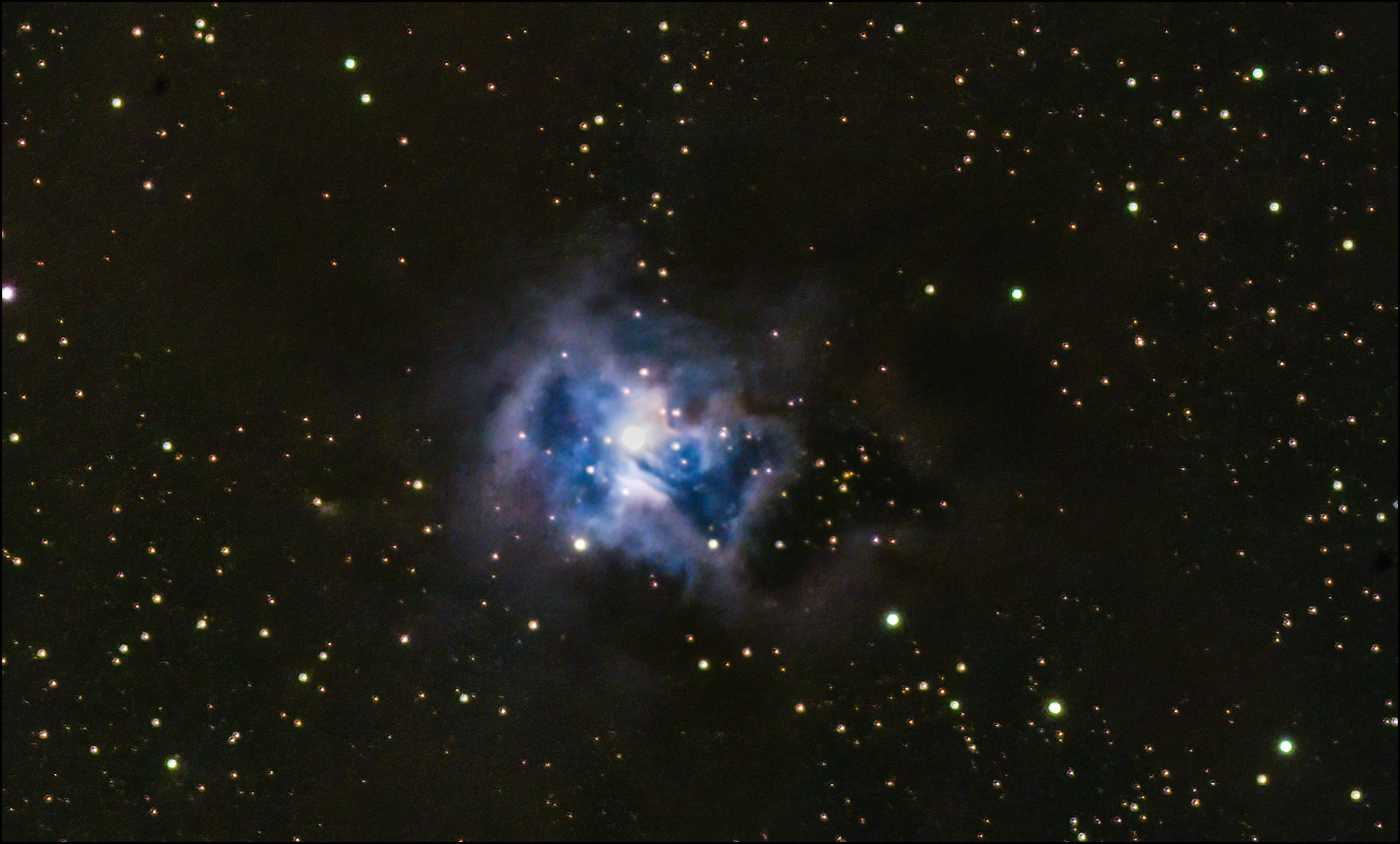I was browsing around this evening and ran across a piece from Glenn Greenwald in which he complains that a clip from his streaming news show was removed from TikTok—apparently because he called Ukrainian president Volodymyr Zelensky a "corrupt, authoritarian oligarch." Glenn goes on to suggest that this might have happened due to influence from the US government.
I doubt that, because I frankly doubt that our national security establishment cares what Glenn thinks about Zelensky. However, Glenn also linked to a recent article from Reuters about the more general battle over national security between TikTok, based in China, and the US government.
Long story short, TikTok is working hard to appease the US. It has contracted with Oracle to store all its US data. It has created a group called the United States Data Security (USDS) division to oversee data protection. And it has agreed to allow Oracle to inspect both its client-side and server-side code to ensure that nothing fishy is going on.
This is all fine, just part of the usual tug-of-war between the US and China. But there's also this:
TikTok has already unveiled several measures aimed at appeasing the U.S. government, including...a United States Data Security (USDS) division to oversee data protection and content moderation decisions....TikTok has also proposed to form a "proxy" board that would run the USDS division independent of ByteDance, the sources said.
....The USDS board would have three members who would be screened by the Committee on Foreign Investment in the United States (CFIUS), a national security panel, the sources said. ByteDance would not have control over the board and its decisions even though it would pay for the USDS division's operations, the sources added.
Unless this is a sloppy mistake, it implies that a board appointed by¹ government agents would oversee a TikTok division that handles content moderation decisions.
Nobody has agreed to this yet, but would it be unusual if it happened? Obviously the US government has all sorts of agencies that oversee foreign activities, but do we have agencies like this one that, in principle, could be signing off on specific decisions about what speech a foreign platform is and isn't allowed to host?
I don't know. Any ideas out there?
¹"Screened by" = "appointed by" for all practical purposes.





